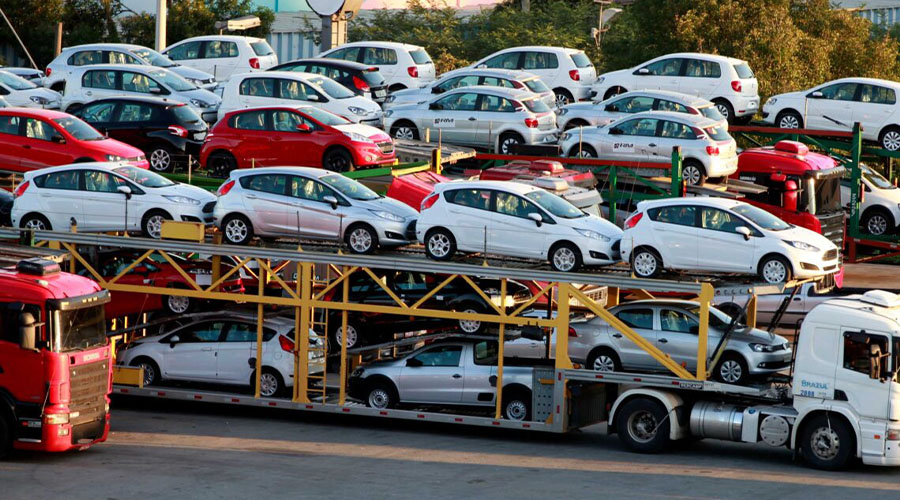In the first half of the current fiscal year (1HFY21), the turnaround in demand and increasing imports of brand-new cars, sports utility vehicles (SUVs) and pickups by new entrants in the auto sector pushed the total import bill of completely built up (CBU) vehicles by 193.7 percent from $32 million in the same timeframe last year to $94 million.
Due to the government’s decision to impose various new rules and regulations to curb used car imports in order to facilitate the sale of locally assembled cars and encourage new entrants in the automotive sector, to achieve their sales targets in a market-friendly environment, overall imports of these vehicles in FY20 had dropped from 55 percent to $99m.
Read more: Japan cracks down on trade of illegal used cars in Pakistan
According to a statement by a car assembler, the current government has assigned quotas in order to facilitate the new players in the market who introducing brand new fully build up unit cars and other vehicles.
Furthermore, the assembler further disclosed the reason why local buyers have returned. He claimed that low interest rates were a major factor why consumers returned to the market and hence demand rose for SUVs and other cars. Another reason is the lifting of vehicles from cash crop producers who have advanced commodity prices and now they have ample liquidity.
According to the Chairman of the All-Pakistan Motor Dealers Association (APMDA), H.M. Shahzad, the figures of the Pakistan Bureau of Statistics (PBS) cover CBU imports of both used and new cars in which 660-1,000cc hold a more than 90 percent share.
“After the introduction of imported SUVs and pickups in larger numbers, the high value of brand-new imported cars and SUVs must have had a big impact on the PBS figures of CBU imports,” he said.
He claimed that during July-Dec 2020, 10,000-12,000 used cars, SUVs, pickups etc. were imported, which is far lower than the total imports of 18,500 units in FY20, 55,000 units in FY19 and 82,500 units in FY18.
After the government’s decision in January 2019 that all vehicles under new/used conditions must be imported under either personal baggage or gift scheme, since then imports of secondhand vehicles has lowered.
Also, with the new policy, the duty and taxes would pay out of foreign exchange organized by Pakistani nationals themselves or local receivers authorized by bank encashment certificate which depicts the conversion rate to local currency, stated the APMDA chairman.





















